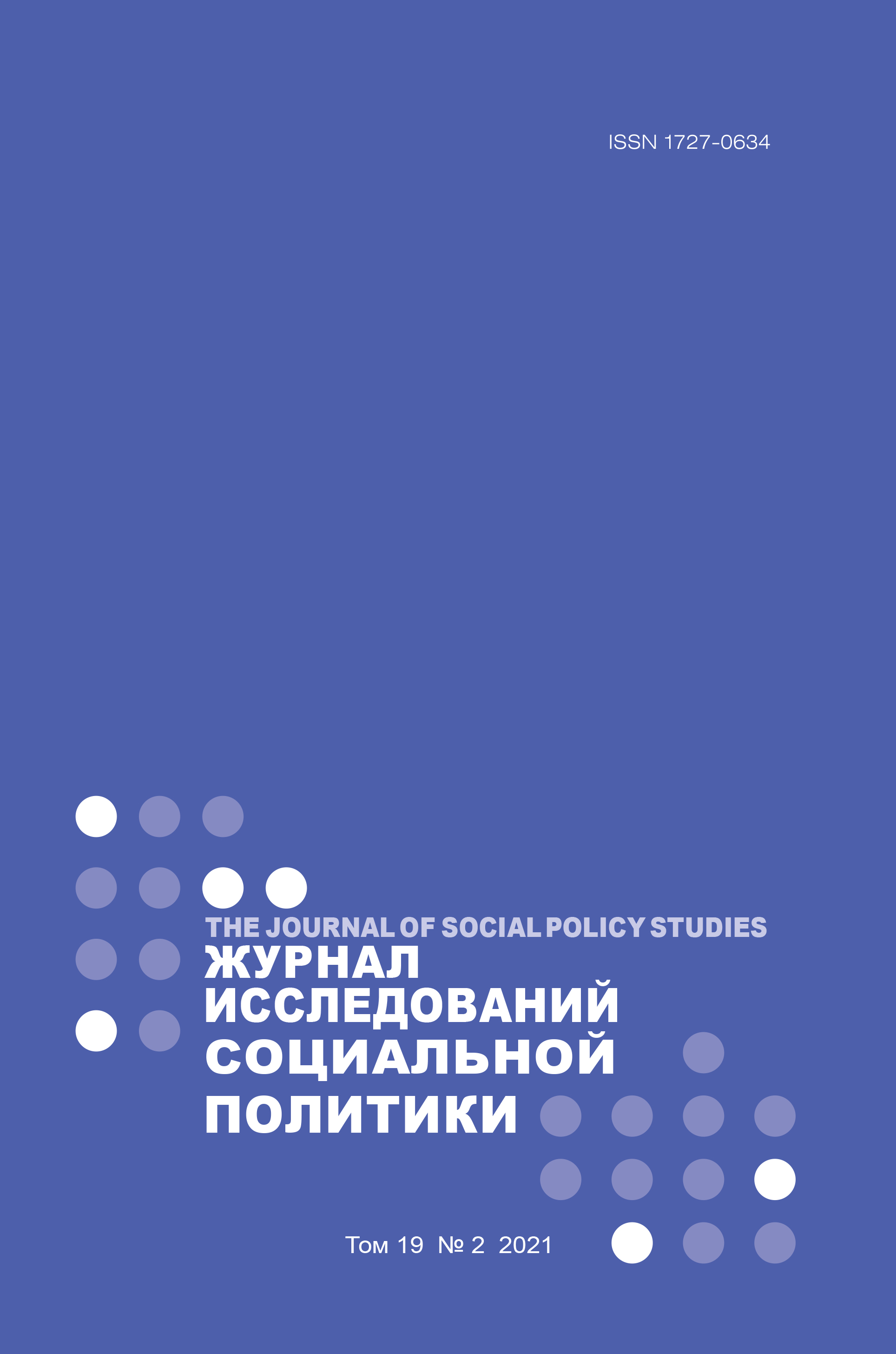Developing an Expert Community and Defining its Role in the Politics and Decision-Making of a World Heritage City: The Experience of Bamberg
Abstract
This article investigates the role of expertise and the expert community through local politics and decision-making in a World Heritage City. The expert public community and its inclusion in decision-making are important factors influencing the successful coordination of public interests. The authors demonstrate how developing forms of public governance change the local expert community and transform its structure and core principles, leading to more open and democratic expertise. Using the case study of local urban politics, the authors illustrate that the social authority of expert knowledge and its influence on decision-making is increasingly dependent on public opinion and the diversification of the structures of expert communities. The latter implies, in particular, the inclusion of citizens who do not have formal expert status but who have sufficient experience and authority to influence urban policy. Using the example of the World Heritage City, the authors consider cases where the harmonization of the interests of the participants of urban policies requires an unusual approach from the public administration, taking into account its obligation to follow formal procedures and regulations and its need to ensure greater involvement of citizens in the decision-making process. Our research showed that, in some situations, these recommendations were more authoritative and earned a higher degree of trust from the citizens than recommendations from people with formal expert status. This trend is in line with larger changes in public administration, which is becoming more adaptive, complex, polycentric, and oriented towards productive cooperation. Expert communities are becoming more fragmentary due to the active involvement of actors who, by their socio-professional status, are not formal experts but have significant experience and social influence, especially in the local community.















